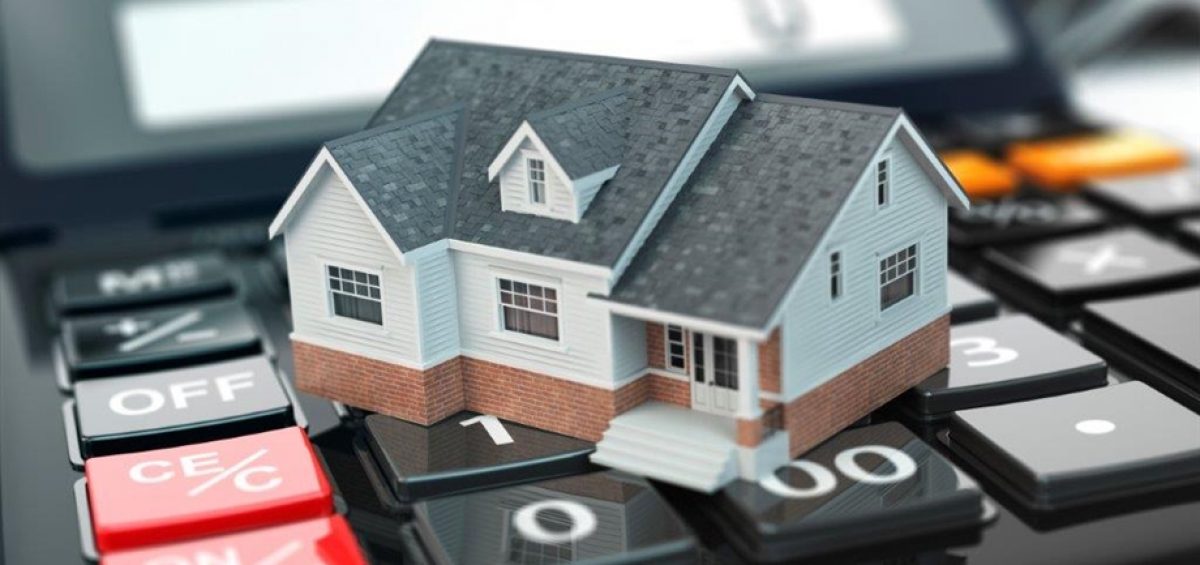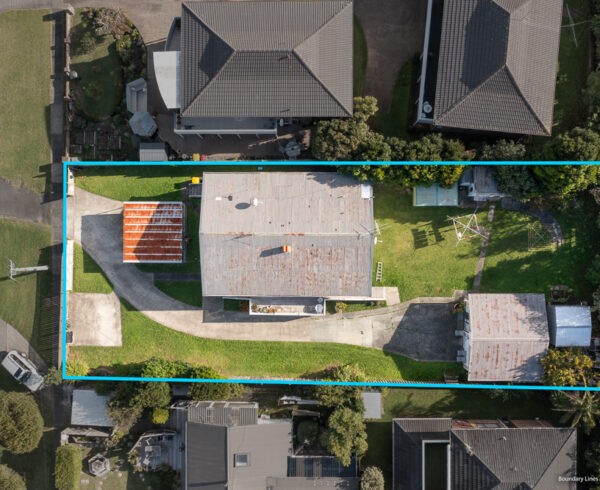In a competitive market one of the questions we most encounter from homeowners is should we buy or sell first?
Harcourts New Zealand CEO, Chris Kennedy shares his thoughts on the matter.
It comes up because in a tightly competitive market homeowners are often worried they’ll miss out on a rare dream home if they wait until they’ve sold their existing property.
On the other hand, some homeowners are scared to list their home for sale without having already bought a new property in case the settlement period comes and goes and they are left essentially homeless and forced to find (and pay for) temporary accommodation.
Unfortunately, there’s no perfect answer to this, but the key variable in what will work best for you is how much finance you have at your disposal.
In a market where supply and demand are reasonably balanced, selling your existing home before you buy tends to make the most sense. It means you know exactly how much you have to spend when it comes to shopping around for your new home.
Selling first
If you have your home completely sale-ready when you list, you can spend the time scheduled for your open homes, visiting other properties for sale. It’s also a good idea to do some looking around before your own property is listed, so you have a clear idea of what you want – or don’t want, where you want to be, and how much you’re prepared to pay.
Have your finances in order as much as possible based on the asking price of your own property so when you’ve sold or close to selling you can move quickly on your preferred new home. Remember too that if you make an offer on a new property that is accepted while your existing home is still on the market, you can still make your purchase conditional on the sale of your other property.
Buying first
It all gets a little more complicated when the market is heated, such as it currently is in several regions around New Zealand. Many homeowners feel that buying before they’ve sold is the only way they’re able to compete for hotly contested properties, and it gives them the reassurance they won’t be shut out of the market and left without a roof over their head.
The obvious trap here is the risk of over-stretching yourself financially if you are forced to accept less than you hoped for your existing property and you have no nest-egg to tide you over. It’s worth remembering too that if you’ve already bought, you may be persuaded to take a lower price just to sell quickly.
Bridging finance – a temporary mortgage to pay for the new property until the original property was sold – is available when you can confirm a settlement date for your existing property.
On the upside, you can look at other options such as putting short-term tenants into your unsold property, to help offset the costs while it’s on the market. Though you’ll need to be clear about making sure the property is always tidy for inspections and that your sales consultant has access as required.
You can also talk to the selling agent for the home you want to buy to see what time frames you can work out around settlement dates that give you the maximum reasonable amount of time to sell your existing property. Even at auctions, which typically have a 30-day settlement period, you can sometimes ask if the vendor is happy to extend.
In short, there’s no perfect answer to the question of whether you should buy or sell first. The answer depends very much on your individual circumstances.
The best answer is do as much research and preparation as possible before listing so you’re ready to move quickly if need be. And keep your sales consultant – and that of your dream home’s vendors – appraised of your time frames. That way they can help you make it all fit together.







Recent Comments